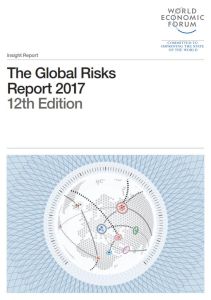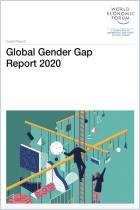Зарегистрируйтесь на getAbstract, чтобы получить доступ к этому краткому изложению.

Зарегистрируйтесь на getAbstract, чтобы получить доступ к этому краткому изложению.
World Economic Forum
The Global Risks Report 2017
12th Edition
World Economic Forum, 2017
Что внутри?
Extreme weather, terrorism, technology disruptions, water crises: What to look out for in 2017
Recommendation
The world is certainly fraught with risk – humanity faces the potential for massive terrorist attacks, the use of weapons of mass destruction, climate change fallout and data manipulation, to name a few. These risks are multiplying in a global environment in which populism is on the rise, the democratic process is coming under siege, and technological change is pushing new ways to work and live. The World Economic Forum provides comprehensive, data-driven intelligence on these threats and their probabilities. getAbstract recommends this sobering analysis to risk managers, business executives and policy makers.
Summary
About the Author
The World Economic Forum is an independent global organization that engages leaders of business, politics, academia and society to improve the state of the world.

































































Comment on this summary